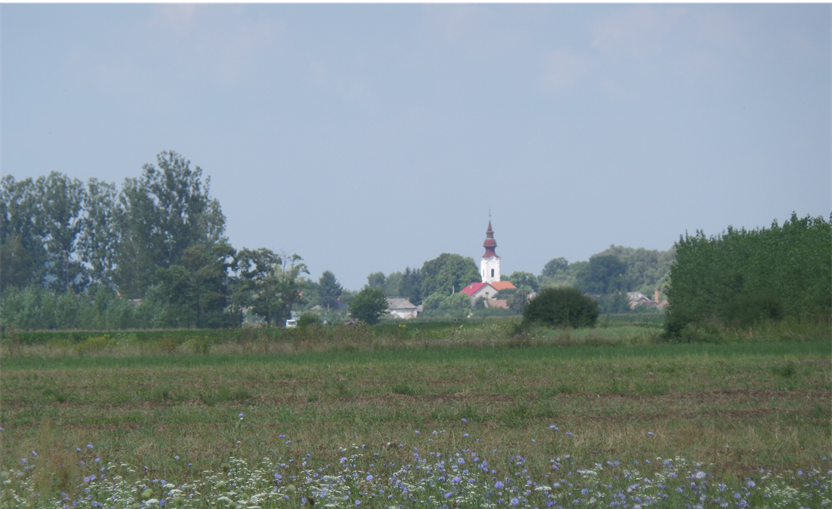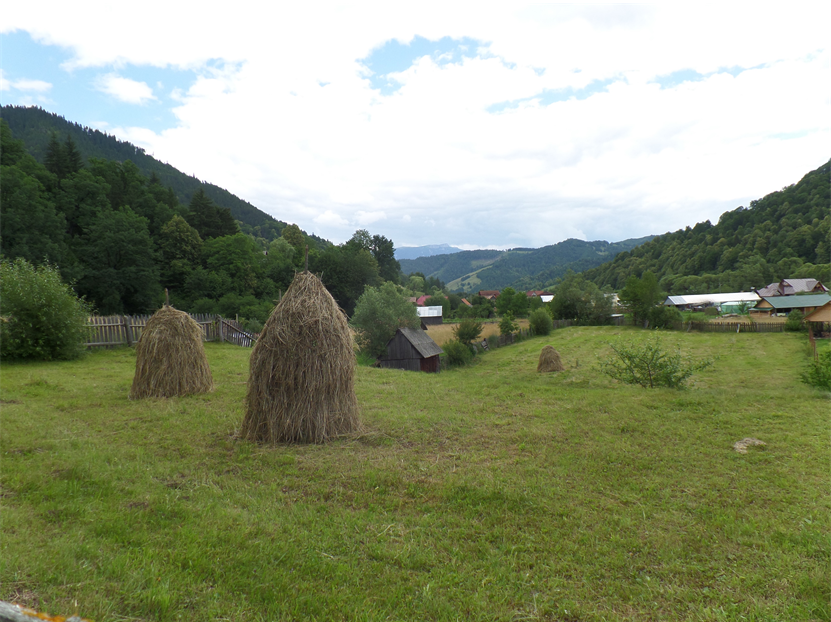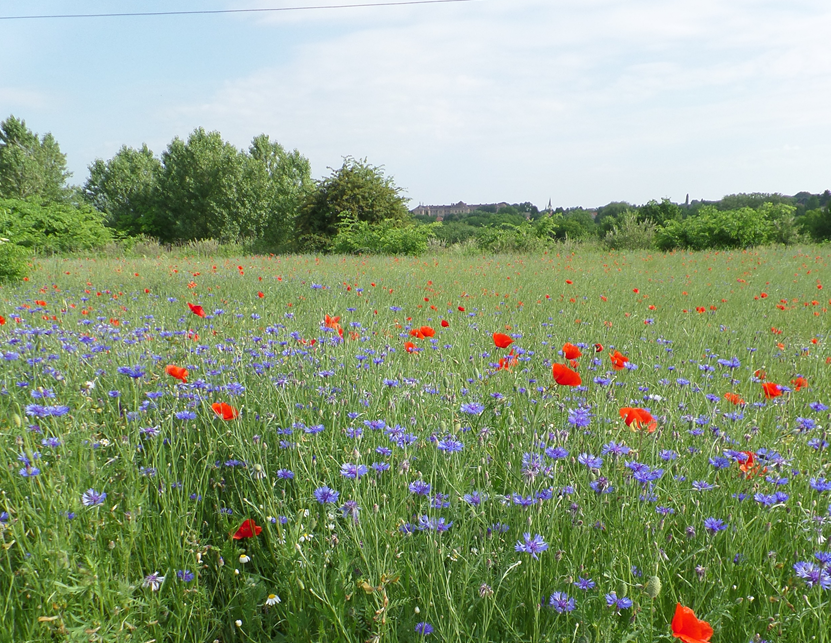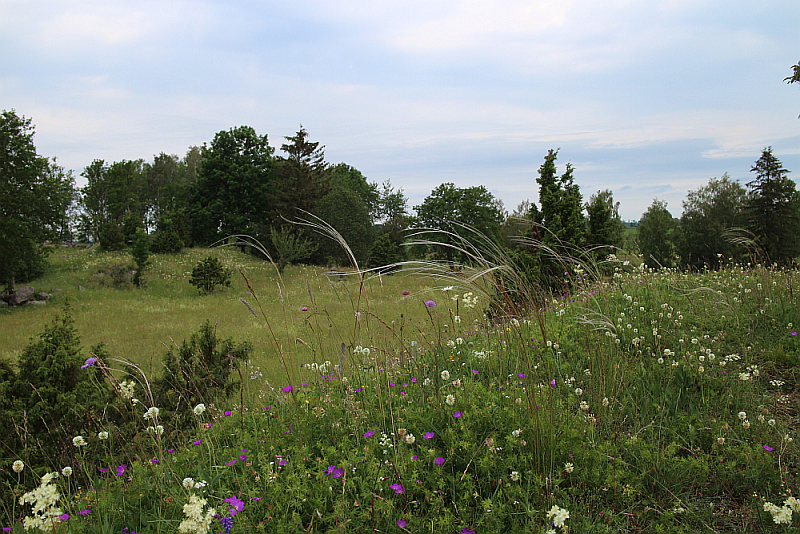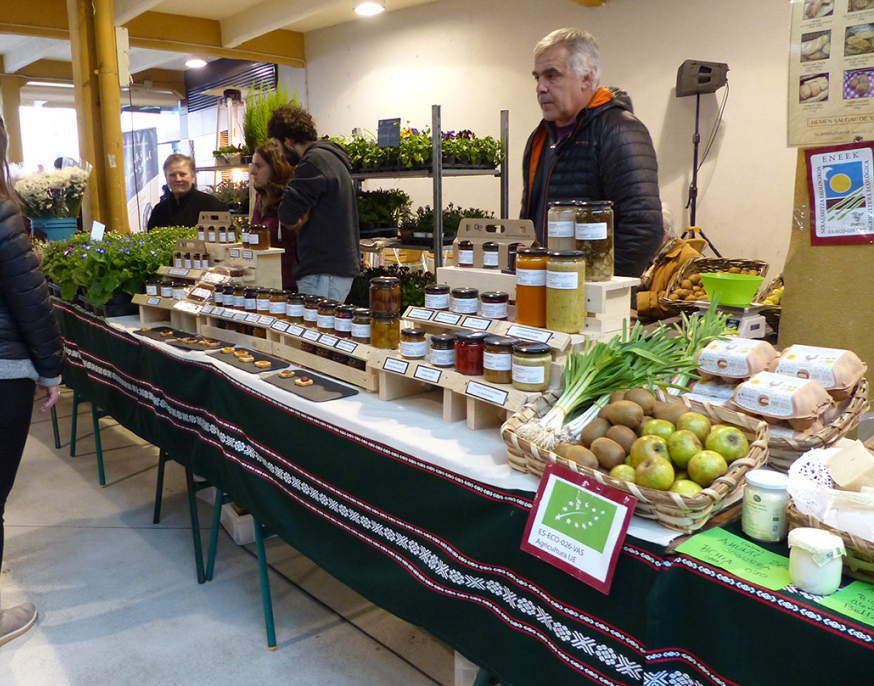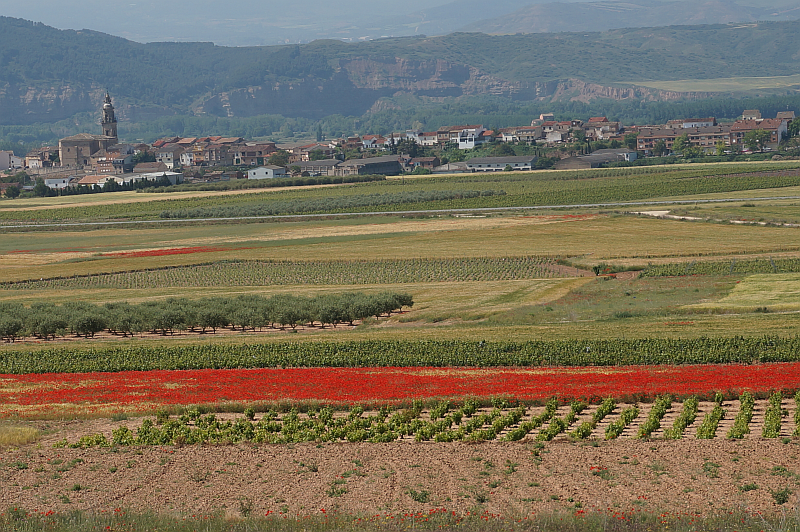Introduction
The United Nations Agenda 2030 sets out a plan of action for people, planet and prosperity, with 17 Sustainable Development Goals and 169 targets. Since their publication in September 2015, the Sustainable Development Goals have provided a shared set of objectives at international, European and national levels. These shared objectives build on, or are reflected in, other international agreements and conventions:
- The United Nations Paris Agreement “aims to strengthen the global response to the threat of climate change, in the context of sustainable development and efforts to eradicate poverty”. It sets a goal of limiting global warming to below 2°C or 1.5°C above pre-industrial levels, to which almost all nations have made a commitment.
- The signatories to the Convention on Biological Diversity (CBD) have “determined to conserve and sustainably use biological diversity for the benefit of present and future generations.”
- The Aarhus Convention on Access to Information, Public Participation in Decision-Making and Access to Justice in Environmental Matters. Delivery on these conventions and agreements is embedded in European, national and regional policies.
Correspondingly, in its Green Deal, the EU states its ambitions on achieving no net emissions of greenhouse gases by 2050, economic growth decoupled from resource use, and no person and no place being left behind. It recognises that “Climate change and environmental degradation are an existential threat to Europe and the world”. The EU sets out a portfolio of policy commitments at an EU level of Climate action, and Eliminating pollution, Biodiversity, Sustainable Agriculture, Agriculture and Biodiversity; and Farm to Fork.
Transitions to agro-ecological farming systems and farm practices offer prospects for tackling challenges of global significance, in particular climate change, reducing the loss of biodiversity and social justice. Findings from the UNISECO project provide new evidence of how agro-ecology can deliver to several of the Sustainable Development Goals through tackling environmental, economic and social issues. Working with local actors in the farming systems in the 15 case studies in combination with territorial level analysis, results show how contributions can be made to tackling climate change through reduced emissions of greenhouse gases, create conditions for reducing the loss of biodiversity, promoting sustainable production and consumption patterns, enhance education and life-long learning, and raise awareness of pressures on social rights.

